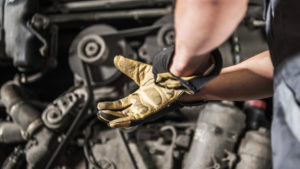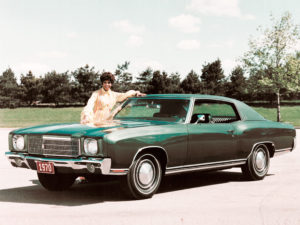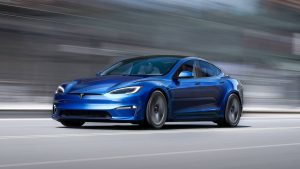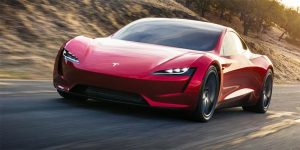Half a decade’s worth of Hyundai and Kia vehicles have been effected by recalls regarding their Theta II engines. The National Highway Traffic Safety Administration (NHTSA) launched an inquiry into the timelines of the recalls, which were issued from 2015 to 2017 for engines and found that both Hyundai and Kia conducted untimely recalls and reported inaccurate information to the NHTSA.
Hyundai and Kia share common ownership.
The Theta II engine came in 2.4-liter and 2.0-liter variants. Over 1.6 million vehicles came equipped with the engine including 2011-2014 model year Hyundai Sonatas, 2013-2014 Hyundai Santa Fe Sports, 2011-2014 Kia Optimas, 2012- 2014 Kia Sorentos, and 2011-2013 Sportages.
NHTSA detailed the engine defect in its consent orders with the companies:
“Metal debris may have been generated from factory machining operations as part of the manufacturing of the engine crankshaft which may not have been completely removed from the crankshaft’s oil passages during the cleaning process. In addition, the machining processes of the crankpins caused an uneven surface roughness. As a result, the metal debris and uneven surface roughness can restrict oil flow to the bearings, thereby increasing bearing temperatures causing premature bearing wear. A worn connecting rod bearing will produce a cyclic knocking noise from the engine and may also result in the illumination of the engine warning lamp and/or oil pressure lamp in the instrument panel. If the warnings are ignored and the vehicle is continued to be driven, the bearing may fail and the vehicle could stall while in motion.”
“Safety is NHTSA’s top priority,” said NHTSA Deputy Administrator James Owens. “It’s critical that manufacturers appropriately recognize the urgency of their safety recall responsibilities and provide timely and candid information to the agency about all safety issues.”
The $210 million is an amount split between the two companies. Kia is responsible for $70 million of the payout. According to the signed consent order between the company and the NHTSA, Kia is required to pay $27 million by January 22, 2021. An additional $27 million payment is deferred and held in abeyance by NHTSA pending Kia’s satisfactory completion of the stipulations of the order. Kia is required to pay an additional $16 million to create advanced data analytics capabilities to enhance its ability to detect and study emerging safety-related defect trends on its vehicles.
Kia has also committed to creating a Kia Safety Office, which will be headed by a Chief Safety Officer (CSO) who is authorized to exercise all safety-recall decision-making for the United States market, independently and without approval from Kia Motors Corporation including its parent company in Korea. The CSO is expected to have a continuing relationship with the NHTSA on this issue and future safety concerns.
Hyundai will pay $140 million in civil penalties for their actions regarding the recall. The first chunk, $54 million, is expected to be paid by January 22, 2021. An additional $46 million payment is deferred and held in abeyance by NHTSA pending Hyundai’s satisfactory completion of the stipulations of the order. Hyundai is required to invest $40 million into safety infrastructure. That amount is further broken down into two parts: $15 million for the ability to detect and study emerging safety-related defect trends on its vehicles and $25 million for a test and inspection laboratory.
Like with Kia, Hyundai is required to hire a CSO. In Hyundai’s case, that individual will lead the HMNA North American Safety Office while making independent decisions regarding recalls and safety issues. Like Kia’s CSO, this individual is expected to have a continuing relationship with the NHTSA.
Additionally liabilities and penalties are possible.
Hyundai has already appointed its CSO, Brian Latouf. Latouf joined Hyundai after a long career working inn various safety-centric positions at General Motors.
“Customer safety is our highest priority and we are taking immediate action to enhance our response to potential safety concerns,” said Latouf. “We value a collaborative and cooperative relationship with the U.S. Department of Transportation and NHTSA, and will continue to work closely with the agency to proactively identify and address potential safety issues. We are committed to a best in class U.S. safety office.”








